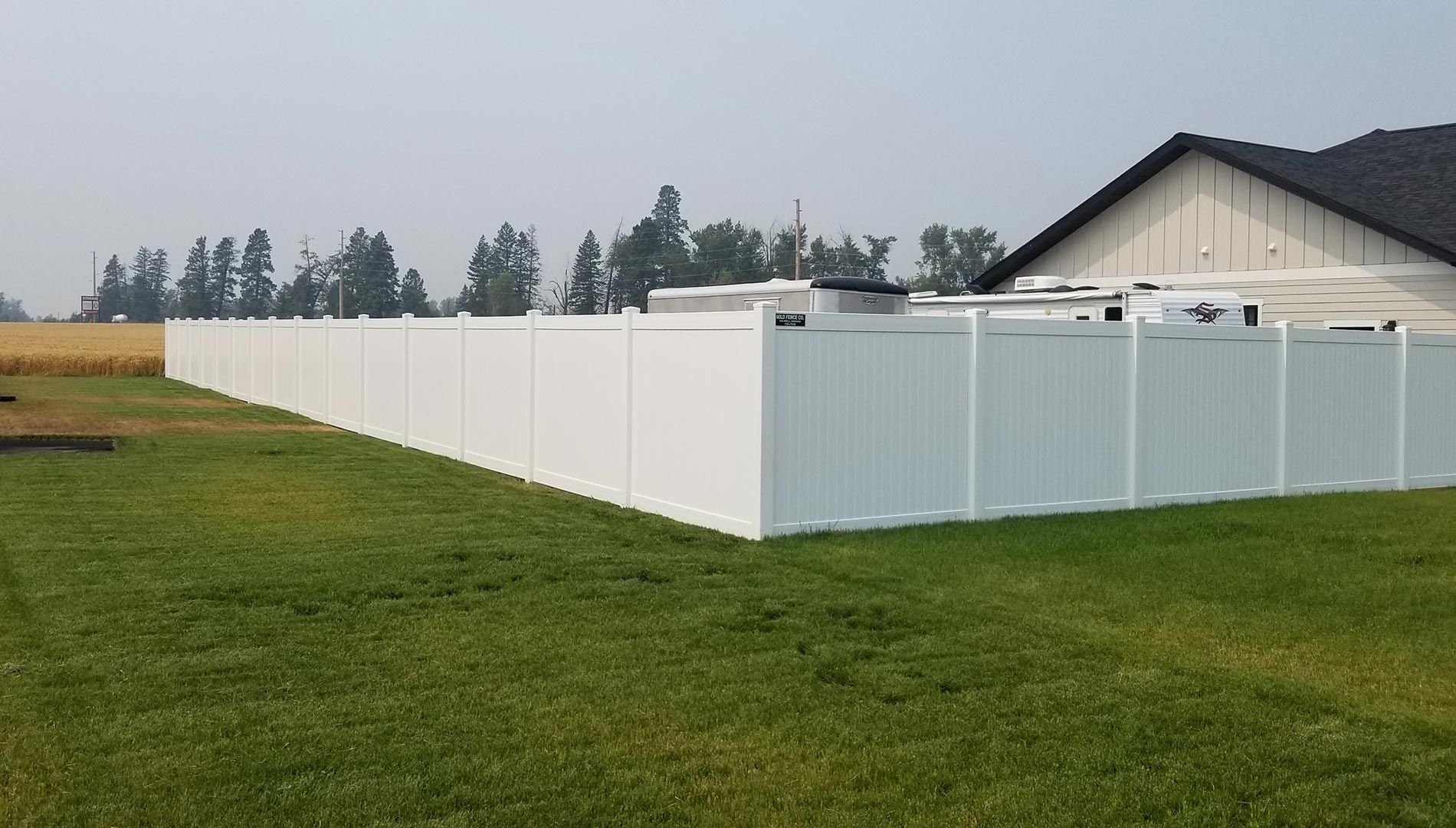Maintaining your fence doesn't always require a professional. With the right tools and a bit of know-how, you can handle many common issues yourself and save money. Here's how you can tackle basic fence care like a pro!
What You Need to Maintain Your Fence Yourself
Before diving into fence maintenance, make sure you have the right tools on hand. Here's a list of essentials for most DIY fence care projects:
- Hammer – For repairing loose nails or fixing broken boards
- Screwdriver – Great for tightening screws in wooden or metal fences.
- Post Level – Helps keep your fence posts straight and secure
- Paint or Stain – Helps protect wood from the elements and extend its lifespan
- Wire Cutters – Handy for trimming wire fences or cutting back overgrown plants
A Guide to Fixing Common Fence Issues
Fixing a Loose Board
A loose or broken board is an easy fix with the right tools. Here’s a step-by-step guide to help you repair it:
- Use a hammer or screwdriver to remove any loose nails or screws.
- Align the board with the rest of the fence and secure it with new nails or screws.
- For added stability, add a corner bracket or reinforcement if necessary.
How to Stain and Seal Wooden Fences
To protect your wooden fence and maintain its appearance, staining or sealing is essential:
- Begin with a thorough cleaning, ensuring you remove all dirt, debris, and mildew.
- Choose a suitable stain or sealant for outdoor use.
- Apply evenly with a brush or sprayer, starting from the top and working your way down.
- Let the stain dry fully before using the fence again.
How to Know When to Call in a Pro
Some fence issues go beyond DIY repairs. While simple tasks like tightening screws or replacing damaged boards are easy, complex problems might need expert attention:
- Extensive structural damage, such as leaning posts or a sagging fence.
- Electric fences or high-security fences require specialized knowledge and should be handled by experts.
- Severe weather damage that could threaten the structural integrity of your fence.
If you’re not sure if you can handle a repair, it’s always safer to contact a professional. This can prevent costly mistakes and frustration.
